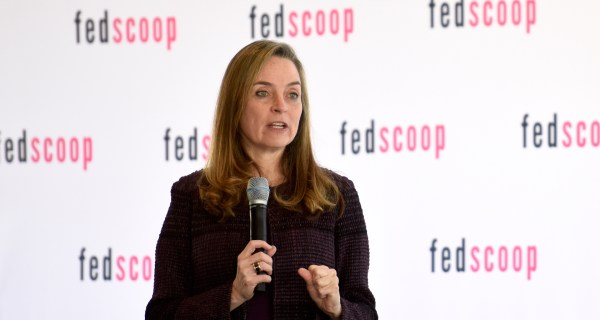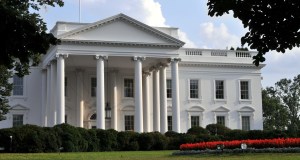The Office of Management and Budget named the finalists for the annual SAVE Award, which honors federal employees that have offered ideas of how to improve government performance and ensure taxpayer dollars are spent wisely.
The winner will get the chance to present his or her ideas to President Obama in the Oval Office while other proposals will be directed to the agencies for potential action.
“Over the last four years, Federal workers have submitted tens of thousands of ideas to curb unnecessary spending, both in their own agencies and across the government – covering everything from implementing new measures to conserve energy use to cutting back on paper copies of publications already available online like the Federal Register,” wrote OMB Acting Director Jeff Zients. “These ideas alone won’t solve the Nation’s long-term fiscal challenges, but they are saving hundreds of millions of dollars and represent common-sense steps to improve the efficiency and effectiveness of government and provide a better value to the American people.”
Last year’s winning idea came from Matthew Ritsko of NASA’s Goddard Space Flight Center, who suggested the creation of a “lending library” that would store used space flight project tools so that employees would not have to reorder tools already available within the agency. Ritsko’s idea, along with 26 other SAVE proposals, were included in the President’s fiscal year 2013 budget.
2012 finalists:
Frederick Winter, Shift to Senior Transit Fares. Frederick Winter of the Department of Education proposes that all Federal employees who receive public transit benefits shift from regular transit fare to the reduced senior fare as soon as they are eligible. In the D.C. area, this change would lower the cost of the employee’s travel by 50 percent, with no loss in the effective benefits for the employee.
Angela Leroux, Reduce Employee Shuttle Buses. Many Federal agencies maintain buses to shuttle employees from one government office to another for work purposes. Too often these vehicles sit idle or travel their routes with just a few passengers. Angela Leroux at the Internal Revenue Service recommends that agencies eliminate or consolidate the bus service and encourage the use of conference and video calls, or provide metro cards to those with a need to travel.
James Szender, Use Digital Transcription. A written transcript of Federal meetings or hearings is often required. James Szender of the Department of Interior proposes, whenever possible, using digital equipment for transcripts instead of hiring a court reporter, since using digital transcription is significantly less expensive than contracting with a certified court reporter to attend, record, and transcribe the proceedings.
Laurie Dempsey, Post Customs Inspection Information Online. Customs and Border Protection is required to post a bulletin weekly that lists all imported items that have completed the customs inspection process. Currently, Customs ports across the country print this bulletin, which can be hundreds of pages long, and post it in the customs house. Laurie Dempsey from the Department of Homeland Security suggests instead posting the bulletin electronically on CBP.gov. This change would save paper, reduce costs, and make it easier for the public to find out what items have been inspected without having to visit the facility in person.






